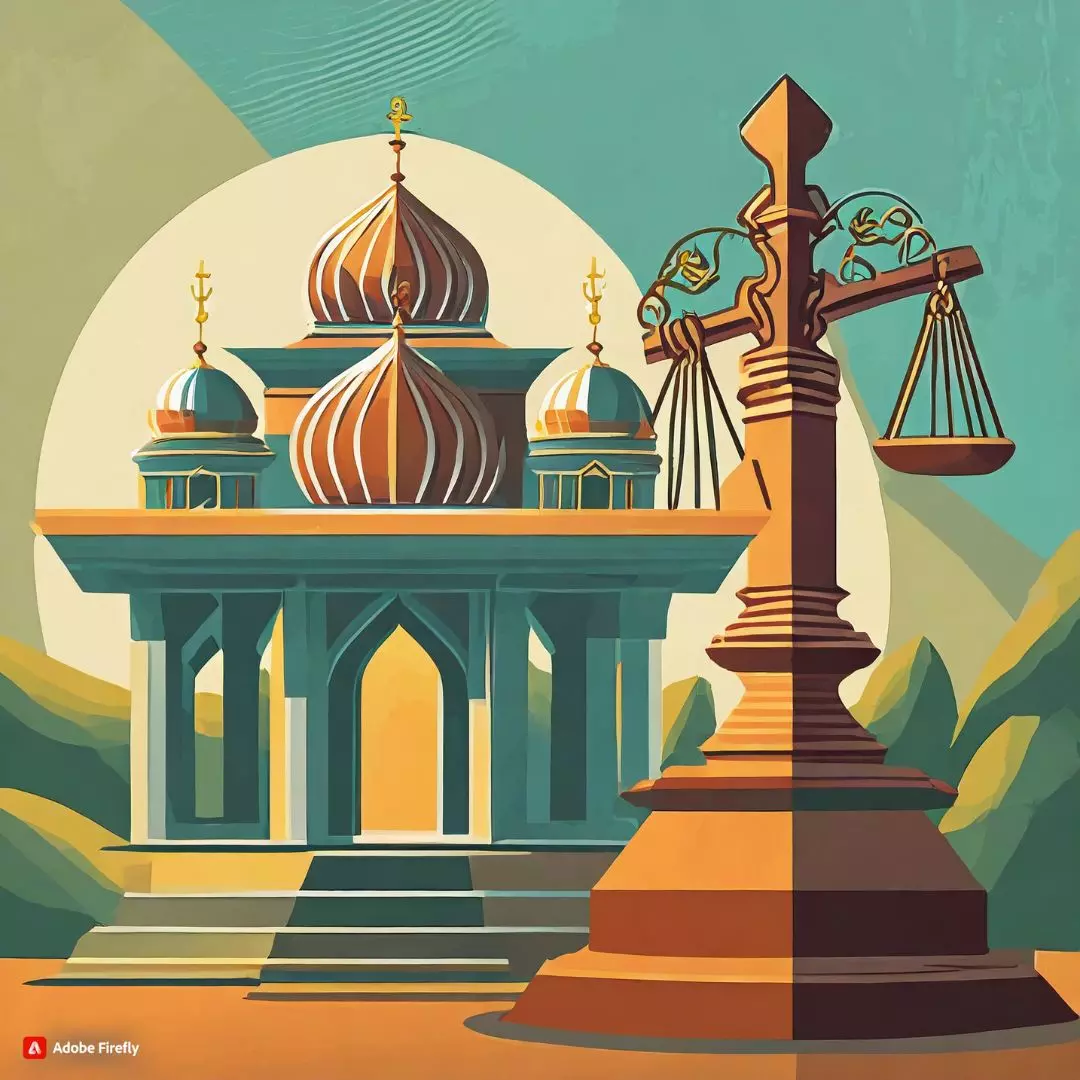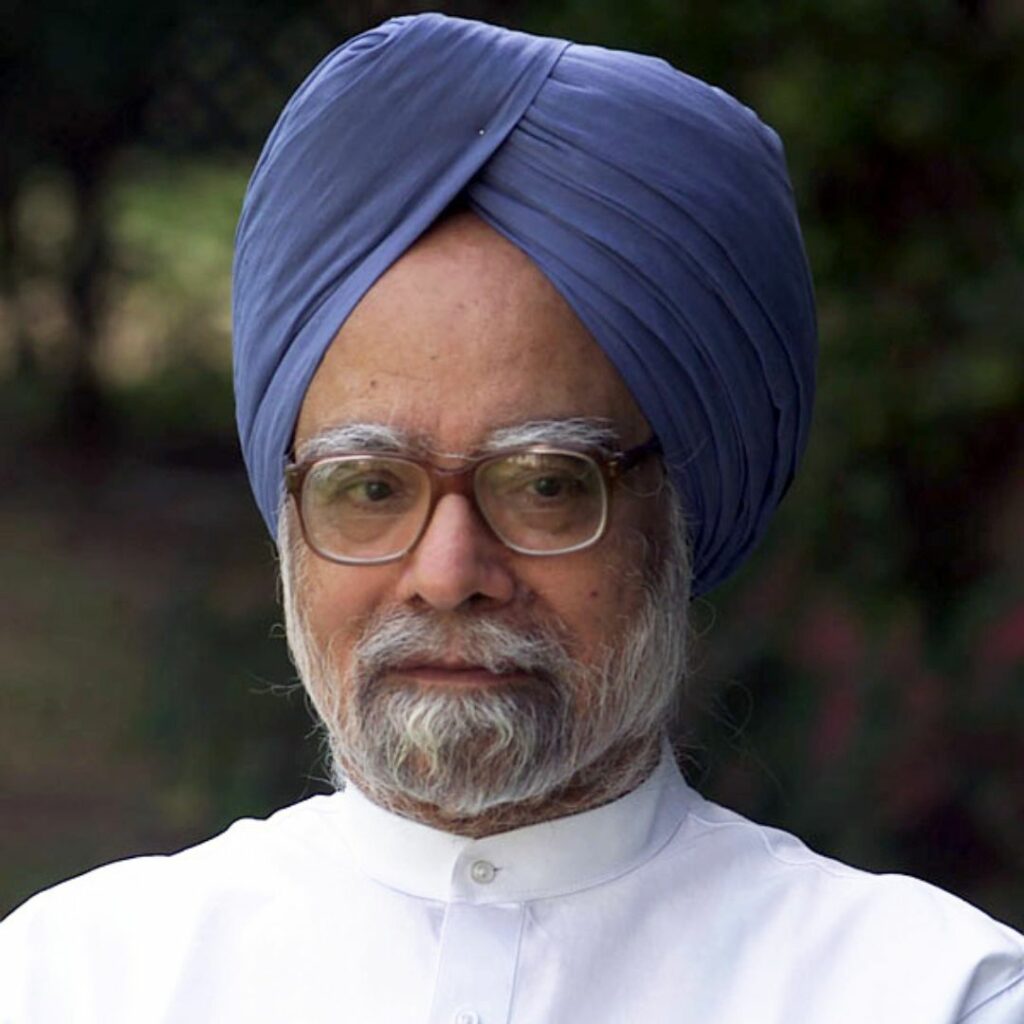In a landmark ruling, the Allahabad High Court delivered a significant blow to the legal wrangling over the Gyanvapi mosque in Varanasi. The court dismissed a series of petitions filed by the Muslim side, challenging the viability of a civil suit that seeks the restoration of a temple at the contested site. This latest decision, tackling the contention of the suit’s prohibition under the Places of Worship Act (Special Provisions) Act of 1991, holds profound implications for the ongoing and contentious dispute surrounding this sacred location.
The roots of this protracted dispute delve into the juxtaposition of the Gyanvapi mosque and the revered Kashi Vishwanath temple dedicated to Lord Shiva. The Hindu side contends that the mosque is an integral part of the temple, while the Anjuman Intezamia Masjid Committee, UP Sunni Central Waqf Board, and others argued that the suit is barred under the 1991 Places of Worship Act. This legislative framework freezes the religious character of holy sites as it stood on the day of India’s independence, with the notable exception of the Ram Janmabhoomi-Babri Masjid site.
In its recent ruling, the Allahabad High Court declared the suit, deemed of national importance, as maintainable and not restricted by the Places of Religious Worship Act, 1991. Emphasizing that the mosque complex can possess either a Muslim or Hindu character but cannot simultaneously hold a dual religious identity, the court underscored the urgency of the matter. Furthermore, the court directed the lower court to expedite the hearing on the suit, setting a six-month timeline as reported by Hindustan Times.
Scientific Survey Of Mosque
The court’s decision comes in the wake of the Archaeological Survey of India (ASI) submitting a survey report on the mosque complex, presented in a sealed cover to the district court. The court, scheduling the next hearing for December 21, signalled the possibility of additional investigation should it be deemed necessary. The ASI’s role in conducting a detailed scientific survey to determine the mosque’s origins has been a focal point in the legal proceedings, adding a layer of complexity to the unfolding narrative.
To provide a comprehensive background, the Gyanvapi row has traversed a multitude of legal milestones. Originating with a plea filed in August 2021 before a Varanasi civil court by Hindu devotees seeking permission to offer daily prayers at the Gyanvapi mosque, subsequent developments included a civil court ordering a survey of the premises, the Supreme Court directing the protection of the area, and the transfer of the case from a civil judge to a district judge. The legal saga also involved rejected pleas for carbon dating and, later, the determination of the age of the Shivling using modern technology.
As the legal battle surrounding the Gyanvapi mosque continues to unfold, the recent verdict from the Allahabad High Court marks a pivotal moment in this complex and historically charged narrative. The court’s decision to greenlight suits seeking the restoration of the temple at the disputed site sets the stage for a new chapter in this legal saga. With the determination that the mosque complex can have a singular religious character, the intricacies surrounding this historically significant location continue to captivate national attention. The upcoming developments in the lower court, coupled with the ongoing ASI survey, will undoubtedly shape the trajectory of this contentious dispute, offering a glimpse into the intricate interplay between history, faith, and the law.











